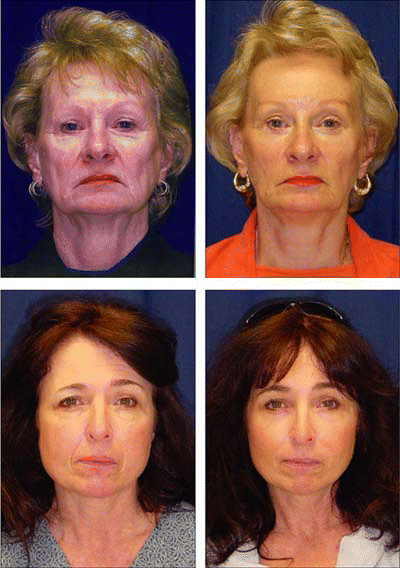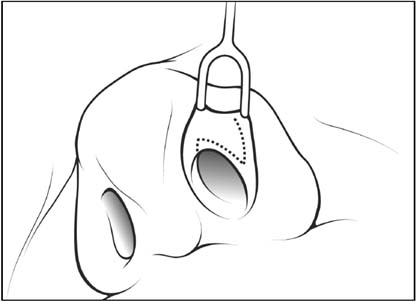A new Food and Drug Administration (FDA) advisory warns that the combined use of triptans and selective serotonin reuptake inhibitors (SSRIs) or selective serotonin/norepinephrine reuptake inhibitors (SNRIs) may result in life-threatening serotonin syndrome, which occurs when the body has too much serotonin.







